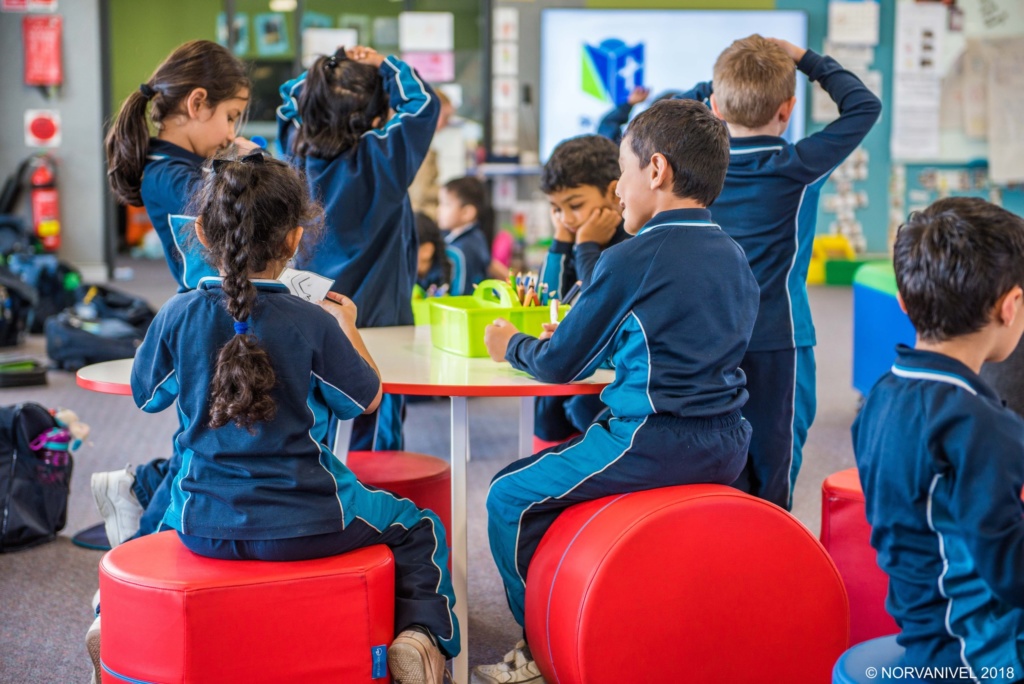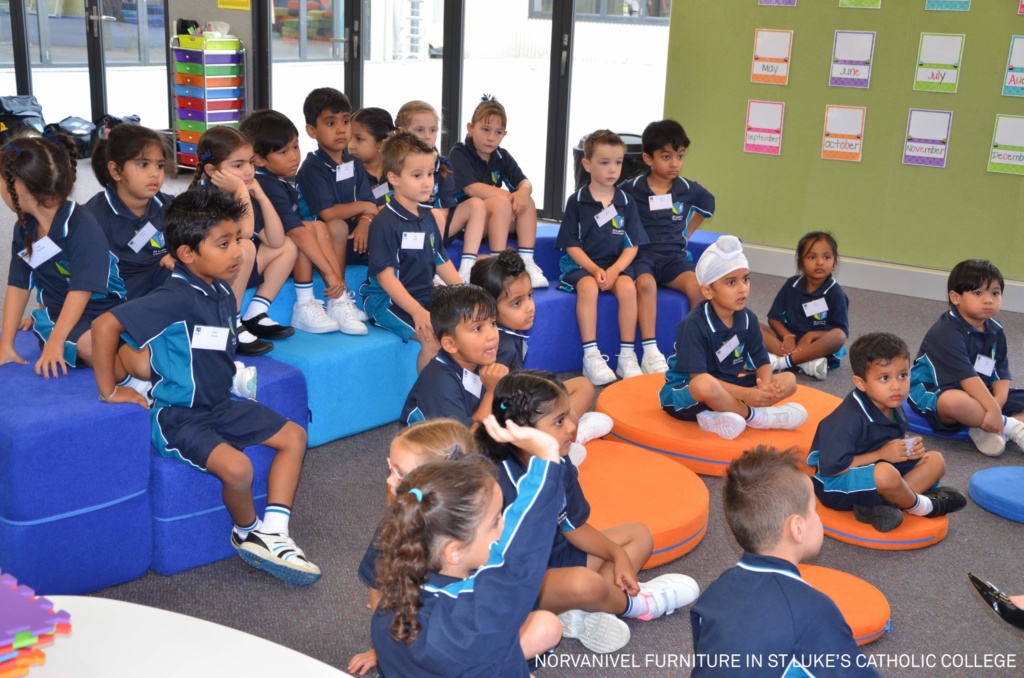
Space design has run off the rails. It is become the equivalent of having three carts before the horse in too many classrooms. Neat, fancy and cute have been become the norm, but the reality is that decorating classrooms can actually have a negative effective on learning. For many, space design isn’t about accelerating modern learning, but about refreshing furniture so that everything has wheels. We have also reached a point where teachers feel guilty because their classroom doesn’t have the Pinterest-pretty pop of the classroom adjacent to them, and this guilt creates a distraction and time suck from facilitating amazing learning.
In addition to the co-mingling of decoration and design, we are seeing a greater disconnect between schools, parents and communities in relation to space design. The mental model of the classroom has never varied so much between these three groups. If success in the modernisation of learning spaces is going to be sustainable, then it is essential that we reopen the conversation about what it means to design modern learning spaces for student success. It is only through this conversation that we can avoid fads, positively impact learning, and partner up for the solutions that are needed to maximise joy and engagement in learning spaces.
To do this, school leaders need to re-establish the purpose of space design in their buildings. Shifting flexible furniture into classrooms isn’t an end goal, but it is a small part of a big plan to begin to bring ownership, movement and choice to the learning lives of students. As space design becomes an essential part of the modernisation work in districts (I would argue that it sits in parallel with instructional design and technology integration), leaders will want to make sure that all aspects of space design remain missional.
Learning-space design is another thing that can create more work for teachers, confuse parents and generate noise for the community, so it is essential that these changes remain centred on the mission of the school. This doesn’t necessarily mean the mission statement, but the mission of the school that is lived daily by all those involved with supporting students. Along with the mission-centred nature of this work, it is also important that learning remain at the core of the intentional design.
Classroom design often lacks the deliberate decisions needed to truly accelerate learning. Space either inhibits learning or supports learning. It is very rarely neutral. Start these deliberations by asking what the verbs are of the learning space and how they tie together the instructional philosophy, the tools for learning and the space in which the learning takes place. It is in this coherence that deeper learning can emerge, engagement and joy are maximised and meaningful conversations about space design can begin for parents and community.

Use powerful language and research-based arguments
Avoid equating space design with test scores, but instead develop powerful language that threads together modern learning and intentional space design so that trust and understanding around this work can equate to support and funding. Without compelling language, both trust and understanding can quickly dissolve and leave an initiative hamstrung and destined to failure. Some districts have used metaphor to drive compelling purpose. They are equating classrooms to nests, showcasing how both are, or should be, designed to care, feed and prepare for flight. When a learning ecosystem approaches learning spaces in these terms, then it becomes easier for individuals to move forward together in common purpose.